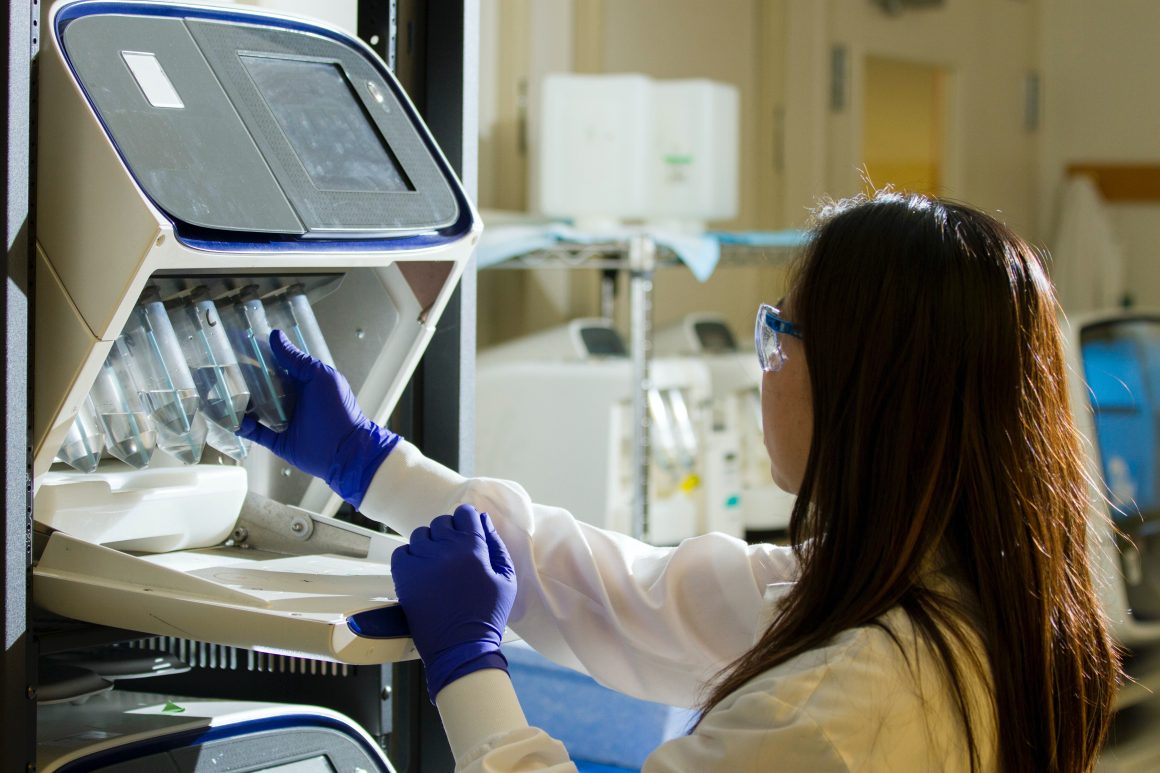Experts are saying more research is required to determine why young women are experiencing an increase in pancreatic cancer rates while young men are not.
A recent study revealed a concerning increase in pancreatic cancer, a particularly lethal form of the disease, despite a dip in cancer death rates in the United stated over the past years.
Research is indicating that the sudden rise is partially apparent among young women, especially those under 55 years of age.
The study, which was released in the journal Gastroenterology, examined data from 454,611 patients who were diagnosed with pancreatic cancer between 2001 and 2018 and covered about 65% of the US population.
While pancreatic cancer rates among older Americans were similar, the researchers found that rates among women under the age of 55 rose 2.4% faster than those among men in the same age group.
“There was a big separation of the incidence trend between women and men aged 15-34 between 2001-2018 and it did not show slowing down,” the researchers wrote in their conclusion.
The mortality rate for pancreatic cancer is high, and the five-year survival rate is only 11%.
What is pancreatic cancer?
According to the American Cancer Society, pancreatic cancer is a type of cancer that originates in the pancreas, an organ that sits behind the stomach and is shaped like a fish with a wide head, a tapering body, and a narrow, pointed tail (ACS).
When pancreatic cells begin to proliferate unchecked, pancreatic cancer develops.
According to the National Cancer Institute, exocrine cells, which produce the enzymes that aid in food digestion, and neuroendocrine cells, which produce the hormone insulin to regulate blood sugar, are the two types of pancreatic cells that can develop into pancreatic cancer (NCI).
Exocrine cell-related pancreatic cancer is the most prevalent and is typically discovered at an advanced stage, according to the NCI.
Reason for the rise
“We do see more [of a] younger pancreatic cancer patient population than before,” Dae Won Kim, M.D., a medical oncologist at Moffitt Cancer Center, told Yahoo.
Despite the study not analysing the reason behind such an increase, some theories emerged.
“The known risk factors of pancreatic cancer are smoking, pancreatitis, obesity, and genetic-related risk factors,” Dr. Kim says.
“There may be several factors associated with the study findings, including increased alcohol consumption in women, an increase in smoking initiation in early adulthood, and an increase in obesity.”
Nearly 13% of adult women in the United States report binge drinking, and nearly 50% of adult women reported consuming alcohol in the previous 30 days, according to data from the Centers for Disease Control and Prevention (CDC).
The CDC points out that most women absorb more alcohol and take longer to metabolize it than men due to biological differences in body chemistry and structure. Women are therefore more vulnerable than men to the alcohol’s long-term harmful effects on health.
“Alcohol use is associated with most cancers,” Anton Bilchik, M.D., Ph.D., a surgical oncologist and division chair of general surgery at Providence Saint John’s Health Center and chief of medicine and director of the Gastrointestinal and Hepatobiliary Program at Saint John’s Cancer Institute in Santa Monica, told Yahoo.
“A recent study suggested that no alcohol is safe and the pancreas is particularly susceptible to the effects of alcohol.”
According to CDC data, nearly 42% of Americans are thought to be obese, a condition whose rates have been rising for years. 12.5% of American adults, according to data, smoke cigarettes.
Obesity is also a rising issue in Qatar, which holds one of the highest obesity rates in the GCC. The government, however, has been implementing several awareness campaigns and drastic measures to promote a healthy lifestyle and tackle the concern.
The efforts include better food programmes in schools, dietary advice, and several surgical plans for those who need it- all free of charge.
The study’s authors also noted in a press release that there appears to be a distinct rise in pancreatic head adenocarcinomas, a deadly and aggressive form of tumor, which may be the cause of the elevated rates.
However, Dr. Kim said more research is required to determine why young women are experiencing an increase in pancreatic cancer rates while young men are not.
